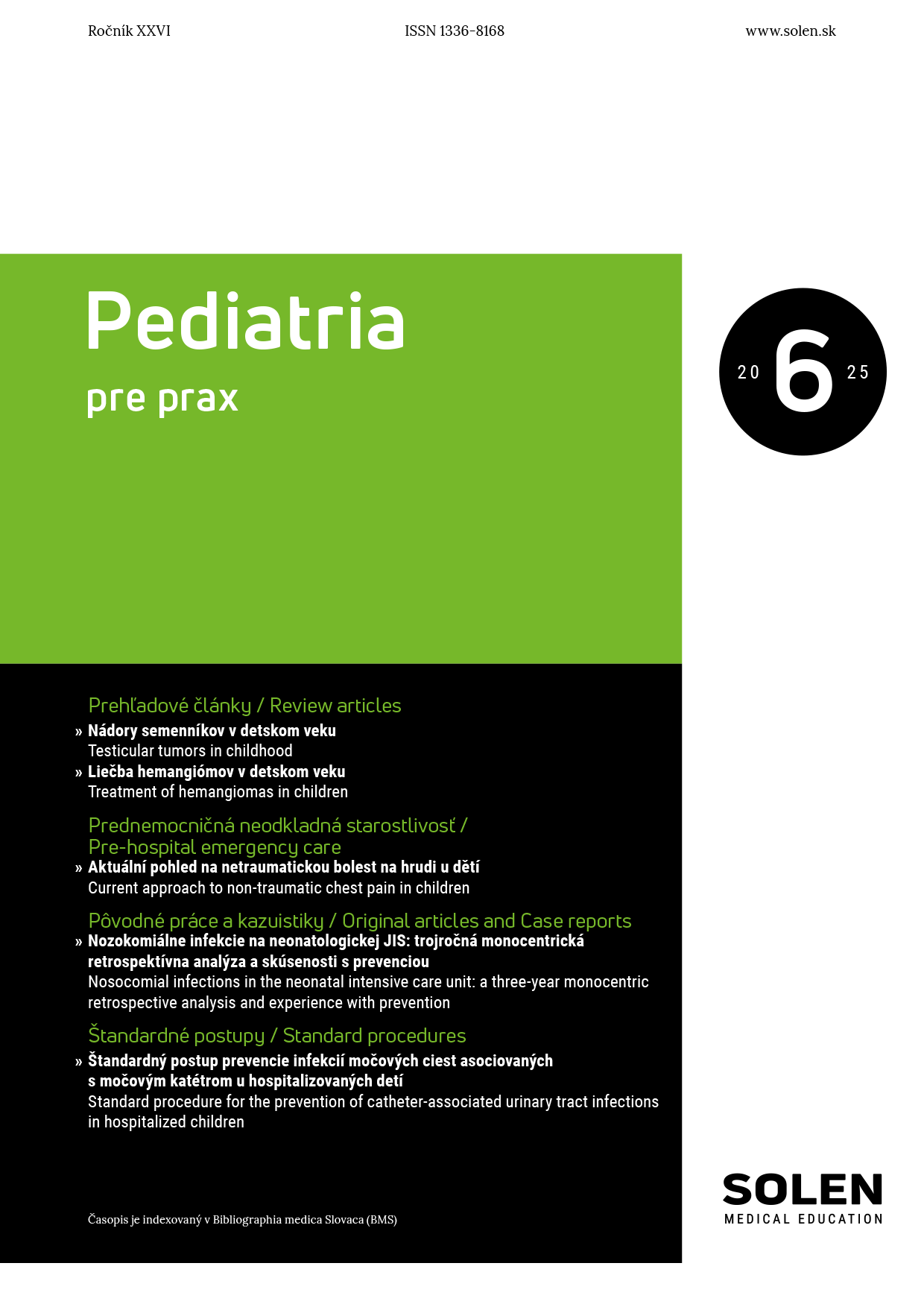Slovenská chirurgia 4/2013
Retention of basic laparoscopic skills acquired during intensive virtual reality pre-graduate training module
Aims: To assess retention of basic laparoscopic skills acquired within intensive virtual reality pre-graduate training module. Material and methods: Trainees included in this prospective observational study practiced well defined simple complex task on virtual reality trainer (15 repetitions). To assess actual level of proficiency, identical task was performed in realistic conditions on box trainer prior and after virtual reality training and one year after training completion. Results achieved were statistically tested for significant differences with significance level set on 95 % (p<0.05). Results: 20 trainees participated in the study (13 males, 7 females; mean age 24.05±1.39 years). Time needed to perform task on box trainer prior virtual reality training was 420.2±143.8 seconds. Performance time after virtual reality training was 278.9±81.6 seconds. Control time after one year was 299.9±97.6 seconds, which defined its prolongation by 7.0±9.3 percent. Although this difference was proven to be statistically significant (p<0.05), level of skills one year after training completion remained significantly higher compared to pre-training values (p<0.001). Conclusions: Level of basic laparoscopic skills, acquired during virtual reality training on the level of simple complex tasks in intensive pre-graduate training module, appears to deteriorate by 7 % at one year after training completion. This fact does not seem to compromise results of the training process, as the overall level of skills remains significantly high.
Keywords: skills, retention, education, training, laparoscopy, laparoscopic surgery, virtual reality.

















